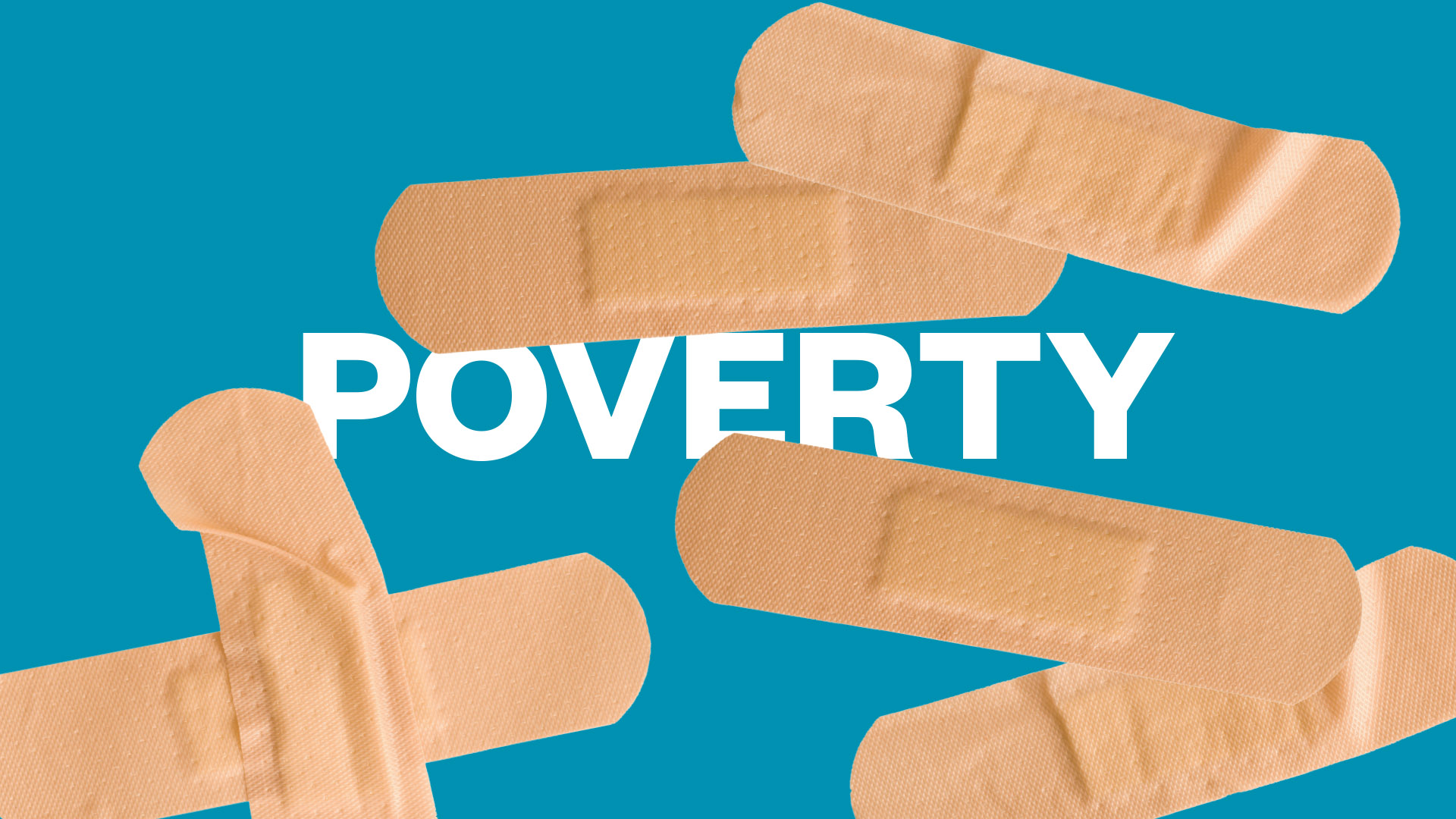The government is going to create a new department to ensure that when it spends money it gets good value. A defence of the public purse is essential if you want to rid society of poverty. But in a sense the persistence of poverty is a clear indicator that government spend from the public purse is not being directed wisely. Or is being spent simply on ‘sticking plaster’.
Sticking-plaster politics and its social spend is rotting government and stripping it of its ability to be useful. If all the money you spend on social need simply skims the surface, never changing the underlying circumstances, then it is wasteful. So much of the social fabric of the UK today demonstrates that we are allowing poverty to run our lives.
Get the latest news and insight into how the Big Issue magazine is made by signing up for the Inside Big Issue newsletter
Our schools and police, our hospitals and surgeries are dominated by the misapplied investments of the past that never addressed the issue of why we continue to produce generation after generation of people in need. We maintain people in poverty, creating a culture of poverty. Crime and violence are the products, the fruits of poverty; if we want to get rid of the tragedy of street deaths through violence we must dismantle poverty. And not keep putting sticking plasters over it.
If the government is going to create a new department to look carefully at value for money, then it should address how we spend money on those whose only inheritance is poverty. Who inherit poverty from their parents and will if, things are left as they are, pass poverty on to their own children.
But the only loud sounds being made by those who express concern, the self-appointed defenders of the poor, seem to be their requests for more for the poor – and not the ending of the tyranny of poverty. Giving the poor more only means that you postpone the day that you declare war on the root causes of poverty. And that is why we have to underline the ineptness of most government spend around poverty: because it deals with the effects of poverty and never the cause.











